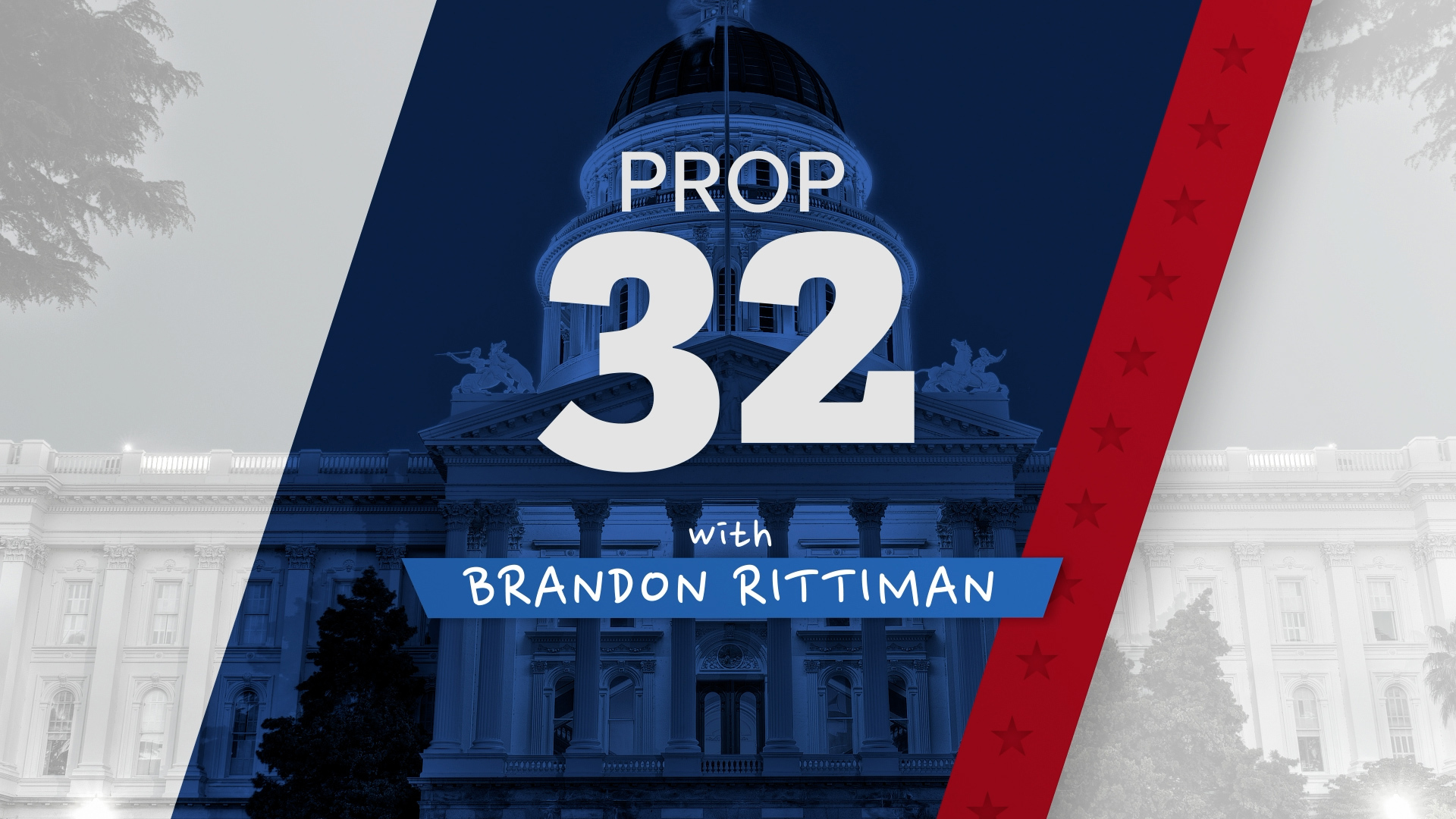CALIFORNIA, USA — Proposition 32 would raise the minimum wage to $17 for the remainder of 2024, and $18 an hour starting in January 2025 — a bump from the current $16.
Small businesses with 25 or fewer employees would be required to start paying at least $17 next year, and $18 in 2026. If voters say “yes,” California will have the nation’s highest state minimum wage.
Starting in 2027, the wage would be adjusted based on inflation, as the state already does. The hike would apply statewide, but it would have a bigger effect in some areas than in others. Nearly 40 California cities have local minimum wages that are higher than the state’s, including six that already require at least $18 and several already are just a small inflationary adjustment away from it.
Why is it on the ballot?
In 2022, California became the first state to reach a $15 minimum wage — a figure long fought for by unions and restaurant workers. But labor activists say the state’s sky-high cost of living has already made that standard barely livable. According to the MIT Living Wage Calculator, even in the cheapest California county (Modoc), a single adult with no children would need to make at least $20.32 an hour to comfortably afford the basics. The statewide average? $27.32.
Wealthy startup-investor-turned-anti-poverty-advocate Joe Sanberg first pushed an $18 minimum wage three years ago, and poured $10 million into a signature-gathering effort to qualify the measure for the 2022 ballot. The measure included more gradual wage hikes starting in 2023. But the campaign missed a key deadline, pushing it to this year’s ballot. That means a quicker hike to $18 in January if voters approve the measure in November.
For a deeper dive on Proposition 32, click HERE.
WATCH ALSO:



















